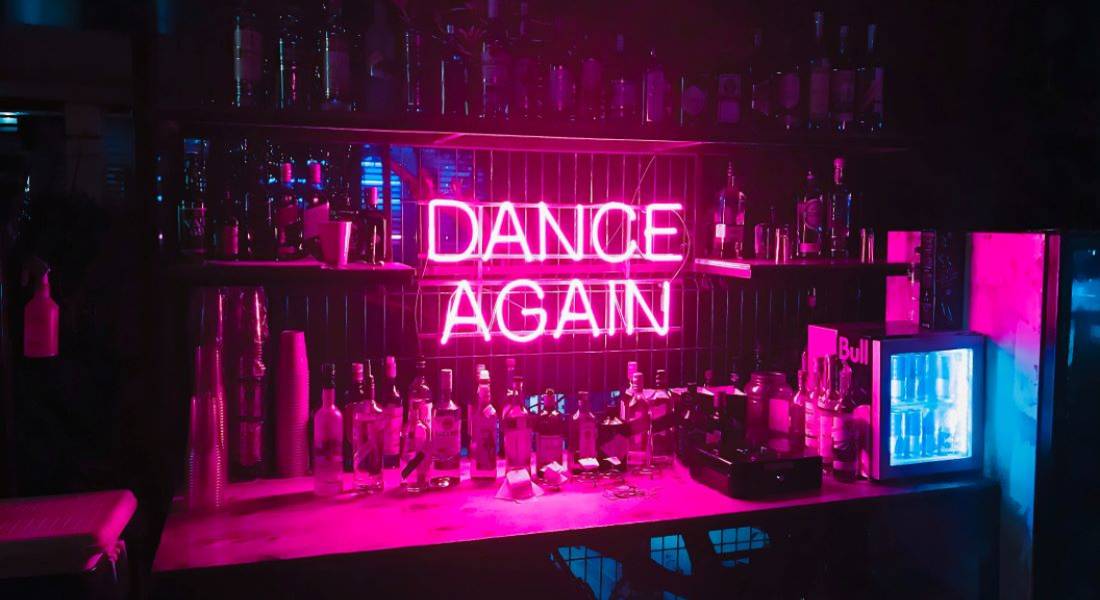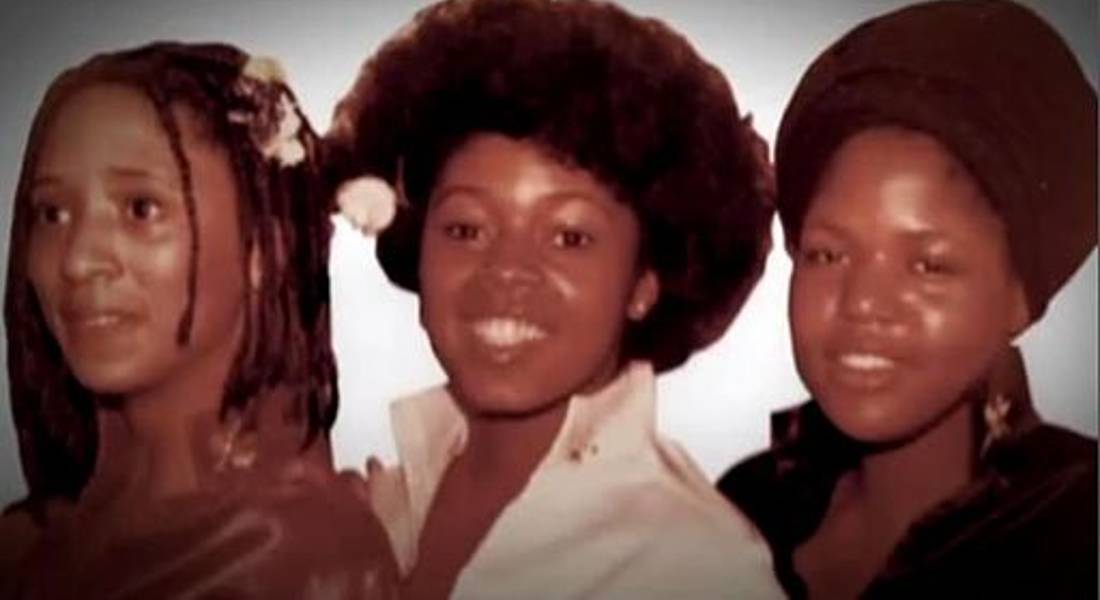Beauty of Lovers Rock and UK Reggae
Born in the UK in the sixties, we were the children of Windrush parents. After arriving in England from the West Indies, our parents clung firmly onto cultural and identity norms whilst raising us in a land far and new, from that which they knew.
The UK now being home, we had to craft, build and maintain our strong sense of difference, and music was instrumental in moulding and building our identity.
Back in the late 70s and 80s a new sound of reggae music was born. It was our very own music genre called Lovers Rock. This new sound was created using the influences of reggae that we were hearing from Jamaica, infused with sounds of popular music that was being played over the radio – we wanted to add our own spin and influence to it. Pioneering musicians such as Dennis Bovell were instrumental in developing this new sound at the time. Our freedom, our youth, was different to that of our parents, and we wanted to express our new and evolving identity. We were the first generation, and we wanted to make our mark here, and Lovers Rock music was a message of love and harmony which speaks to the heart and soul of the individual.
Lovers Rock music has the magical medicine of bringing people together, it was, and still is a unique escape. What made it special were the parties, the dance, the blues dance, and the nightclub. Places like All Nations, Nightmoves, Oasis, Cubies, Dougies, Mingles, Le Prison, Club Zero (formerly Palm Tree), Spots Club, Bali Hai, Bouncing Ball, Shenolas, Ezekiels Trends, to name a few.
Dennis Brown (the Crown Prince), Sugar Minott, and Gregory Issacs (the Cool Ruler), these great Jamaican artists also found a way to incorporate their mega voices over the Lovers rock sound.

May I have this dance? Or, I beg you ah dance…
The melodic and softer sound of Lovers Rock caught on within the community, and this was particularly popular as it led to an accepted code of conduct in the parties. This was, and possibly still is the question asked today at certain events or parties by participants over the age of 45 or so, who would be able to recall what the parties were like. The gentlemen would ask politely for a dance, or touch the elbow of the lady gently – this indicates a call or request to dance please.
The words “I beg you ah dance” or “may I have a dance please?” precedes the intimate combination of two connected bodies rocking slowly in time to the sweet music. This became the main part of the party for many, the one step, or the two step style, and for some it would appear that they were not moving at all, caught up in the intense moment of the dance as the base line dropped. Some partygoers who weren’t slow dancing at the time would engage simply in the nodding of the head, rocking singularly on the spot, or stepped outside to chat to friends, or to the bar for a top up.
The selector would have a keen eye on the crowd, as he drew for a follow up tune, careful not to change the mood of the party. His reputation was on the line too. After you have played ‘Happiness Forgets’ (by Errol Dunkley), you better be playing something like, ‘Key to the World’ (by Ruddy Thomas), or Love has found its way (by Dennis Brown) next, or a tune of that ilk, so as not to upset the rhythm of the party and lead to the room or dancefloor emptying rapidly.
As I write this piece a good friend whist speaking on the phone has reeled of another ten tunes that could or should be played – we laugh as we reminisce about those days. So let me not mention too many tunes at this point, as everyone has their personal favourites, and I do not want to fall foul of music connoisseurs, selectors and DJ’s reading this piece and wanting to challenge my quotes.

Pic – The original trio – Brown Sugar
At the club, yes the club at the club
We used to look forward to the weekends, for nothing other than planning to going out, to wine bars, or straight to the nightclubs, and then in the early hours of the morning still considering the possibility of finding a house party/blues somewhere. Early radio DJ’s such as the late Tony Williams, Rodigan and Daddy Ernie would set us up for a weekend of raving with their selection of some of the latest releases and reggae favourites of the moment. We travelled all over London to party and enjoy nights out, with no threat at all of any postcode wars, or gang trouble. We were united in our party mission, which was to have a great night out.
Within the context of Black British music, it is my opinion that reggae music was the panacea, the necessary end to a long hard difficult week. This musical expression allowed us to be uniquely free, together and liberated, thereby giving us that group identity, and setting a modus operandi that we all understood and operated within.
I too contributed to the promotion of Lovers Rock, by organising parties and events in various venues and clubs in the eighties. Places such as One-O club in Catford, The Riverdale Hall, in Lewisham, Nettlefold Hall and Norwood Hall in West Norwood, the ever popular Podium, and many others. This was an very exciting time for me, commencing my love for the music and event promotion from the tender age of eighteen, after witnessing my cousin Joe host shows and events all of the East Midlands. It was now my time.
It fell short in explaining and delivering…
The Steve McQueen Lovers Rock film in 2020 attempted to provide a clear depiction of what that period meant for the black community. Sadly, in my opinion it fell some way short of certainly my understanding of what this music and how it was received meant to us. It failed to deliver the real lived reality for us at that time. The nuances are important, but they did not shine thorough, it appeared to over emphasise some elements that just didn’t make sense. Maybe that’s his creative side coming out. But, kudos to him for bringing Black British culture to the forefront on primetime television.
entire world understands Lovers Rock now, with nearly 50 years of this music we need to now shout from the rooftops about Lovers Rock again, whilst the performers are still belting out those memorable tunes on stages all over the country. Long live Lovers Rock
This is some of the music that touched our soul and will live long in our memories
Big Up!! all the artists, promoters and DJ’s who have put in the work, and to those who continue to celebrate Lovers Rock. Spare a thought also for those legends who are no longer with us.
So let us jog our memories.
Feel free to sing out as we pay homage and respect to our very own Lovers Rock legends, past and present.
Caught you in a lie – Louisa Marks
Six street – Louisa Marks
Strolling on – Maxi priest
Silly games – Janet kay
I’m so sorry – Carol Thompson
Cos you love me baby – Paulette Tajah
In love with a dreadlocks – Brown Sugar
Breezing – Tradition
Baby I’m yours – Investigators
Black pride – Brown Sugar (Kofi)
I adore you – Sandra Cross
Spell – Sylvia Tella
Paradise – Jean Adebambo
At the club – Victor Romero Evans
Guidance – Nerious Joseph
Message to the younger generation – it is important that you keep our unique culture alive, with the food, the colloquialism’s, the ambition, the work and education ethic, and of course the sweet REGGAE music.
All rights reserved

Beautiful written piece of nostalgia history and continued legacy of the first generation Windrushers.
Made me smile made me proud to be a part. Well done Peter 👏🏾 👏🏾👏🏾👏🏾🎵🎵
Keep up your solid productions and contributions Paulette, you are firmly established as one of the Queens of Lovers.
My fondest memories was partying at Oasis and blues parties with my friends.
Singing on the microphone and having fun.
Great to have been able to stoke up great memories of this fabulous genre.
Fabulous journalism Peter, it captured sweet moments of nostalgia, as I reminisce the sweet melodic sounds of UK LoversRock.
Great to have jogged some memories for you Alan.
Very nostalgic, took me back to my Afro days, platform shoes, Biba dresses, swagger coats and of course going to the clubs with my girlfriends and listening to the fabulous lovers rock music we loved. It was fun and it was our very own.
Yes indeed Lorna, our music, our history. You paint the correct picture of the time. It was very much our own.